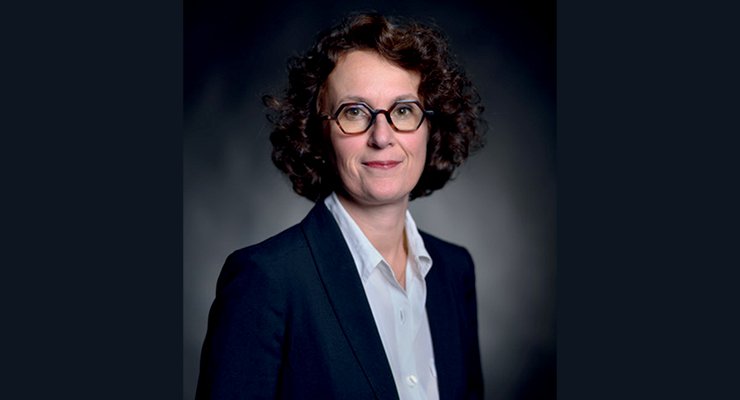
« Une vie professionnelle, ça se construit pas à pas »

Agir sur le monde en changeant le regard sur l’innovation

Design sonore made in UTC sur Radio France
Its identity and its culture have placed UTC front-stage since it was established. UTC has remained as ever, innovative, imaginative and is still a model for change for others face with the challenges of the environment and the demands framed by the socio-economic world of affairs.
UTC's research and innovation policy reflects the collective added value and the specific contributions of its laboratories, representing the scientific core of the institution. The lab specialties illustrate the scientific and technological skills that underpin UTC's knowledge bases and know-how, forming the 'research base' that help identify the innovation priorities. Scientific polyvalence bring a wide variety of specialties and requires organization in the domains and encourages new forms of dialogue with the university's institutional partners and the socio-economic spheres.
The challenges ahead of the research activities of UTC are therefore numerous:
Ever since UTC was established, it has gradually built up a continuum between teaching, training, research and innovation. It has consequently developed several initiatives that serve today as levers to blend intelligently studies, comprehension and management of new and complex technologies.





